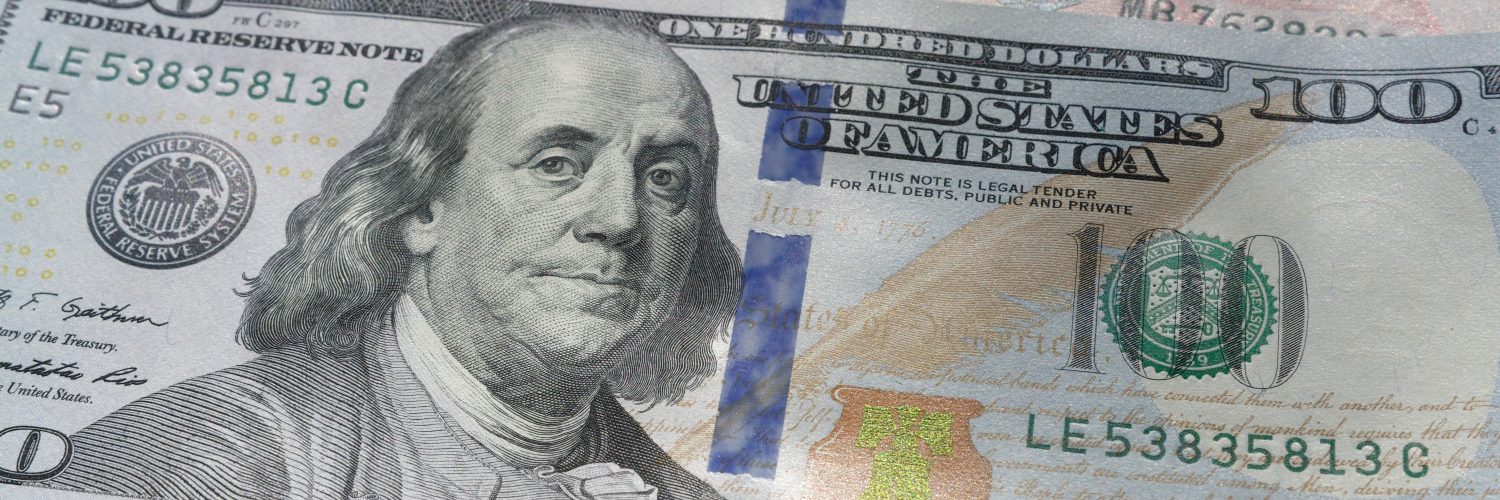The second quarter of this year marked the 10th straight year of U.S. economic expansion, kept afloat largely by strong quarterly jumps in corporate profits and consumer spending.
Rising wages and export costs were the leading causes of shrinking profits at the end of 2018 and the beginning of this year. But corporate profits bounced back from the back-to-back quarterly 1.5 percent declines, posting an impressive 4.8 percent quarter-over-quarter increase in Q2.
The growth could be tied to business cycles, as corporate profits are often volatile on a quarterly and yearly basis. However, if corporations improve productivity levels and minimize costs on a long-term basis, it could bode well for the economy.
“In the long-term, you want to see stronger profits so that it’s an indication that you have a proper economic foundation in the country,” said economist Jim Rounds. “You have indications that people are being productive, that companies are using the right mix of capital and labor. Typically, as profits move up and you move up into the higher-value-added industry, you have higher wage labor, and then that begins all of the other great things that happen in economic growth: more consumer spending, more jobs at the state and local level, as well.”
Rising profits can also be attributed to a decline in corporate investment; because of uncertainty surrounding the global economy, many businesses have ramped down capital investments. If this trend continues, it could have negative repercussions for future corporate profits.
“The problem right now is we’re seeing a lot of uncertainty in the economy, particularly related to international trade, and there is a slowing of the global economy issue going on right now – so we may see companies pull back at this time because of uncertainty at this point earlier than they would have,” Rounds said. “That will make for maybe a less sharp downturn, but it will also make for less economic growth maybe over the next 10 years.”
Nevertheless, Rounds believes that corporate profits don’t hold as much weight as many other economic indicators because of their volatility. Generally, when the economy is healthy, so are corporate profits, and vice-versa, he says.
Consumer spending, which jumped 4.7 percent in the second quarter, also contributed to economic growth in the second quarter. Driving the biggest quarterly gain since 2014, households were clearly unfazed by the trade war and its effects on prices. However, the Federal Reserve Bank of New York president John Williams shares a similar mindset to Rounds in terms of the reliability of the economic indicator.
“The consumer is now carrying all of the weight, or much of the weight, for growth going forward,” Williams told reporters last Wednesday after delivering a speech in New York. “One thing, though, about consumer spending that you have to be careful about is it’s not really a leading indicator.”
U.S. gross domestic product rose two percent in the second quarter – slightly down from the 3.1 percent gain in the first quarter. But because this expansion was fueled by two unreliable economic indicators, there are still many unanswered questions about the state of the national economy.
“It always takes consumers a little while to change their spending habits, but they always end up changing it based on their economic constraints,” Rounds said. “Right now, we’re still seeing wage growth and we’re still seeing growth in the economy, and hopefully that’ll continue for a year or two. And then we’re going to see consumers get a little bit spooked as the stock market falls back a little bit and they see their retirement income going down.”
Notwithstanding the murkiness of these economic indicators, Rounds is confident that the economy, even in the face of a downturn, will correct itself quickly; he credits this largely to consumer intelligence and leadership at different levels of government.
“I think there’s a big boulder in the river related to trade, but I think there are a lot of people … are trying to break that down. It’s a lot of folks from Arizona, and I think it’s a lot of people from other states as well,” Rounds said. “I’m hoping that if we can get rid of those big problems in the economy like international trade, the downturn is going to be much more like what we experienced in 2001, which was relatively mild, and that gives us the best footing to come out of it with a lot of strength.”
















Add comment